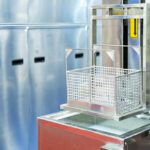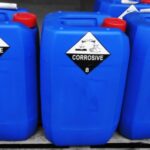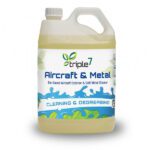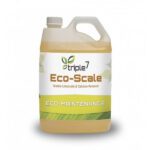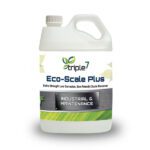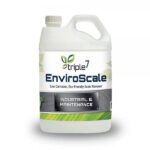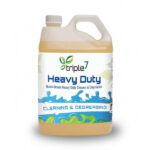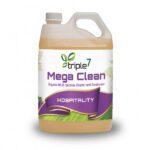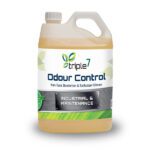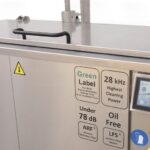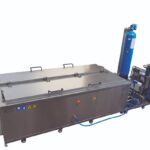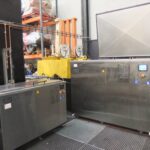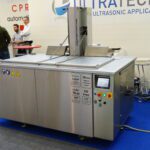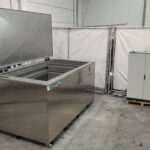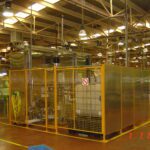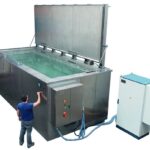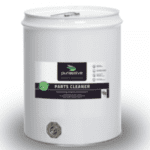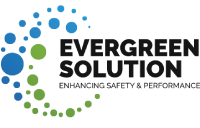Descaling is a critical process in petroleum refineries, as it involves removing hard water deposits and other contaminants from the surface of equipment. These deposits, known as scale, can significantly reduce the efficiency and effectiveness of the equipment, leading to costly downtime and maintenance.
Traditionally, hydrochloric acid and sulfuric acid have been the primary chemicals used for descaling in petroleum refineries. However, these chemicals can be corrosive and harmful to the environment, and the waste produced during the descaling process can be difficult to dispose of safely.
In recent years, there has been a growing interest in exploring innovative and unexplored avenues for using limescale removers in petroleum refineries. Here are a few examples:
- Bio-based descalers: Bio-based descalers are derived from natural, renewable resources, such as plant-based oils and enzymes. These products are generally considered safer and more environmentally friendly than traditional chemicals, and they are highly effective at removing scale and other contaminants from equipment.
- Laser descaling: Laser descaling is a non-invasive, chemical-free method of removing scale from the surface of equipment. It involves using a laser beam to vaporize the scale, which is then removed by a vacuum system. This process is highly efficient and can be used on a variety of equipment including pipes, heat exchangers, and boilers.
- Ultrasonic descaling: Ultrasonic descaling is a process that involves using high-frequency sound waves to remove scale from the surface of equipment. This process is highly efficient and can be used on a variety of equipment, including pipes, heat exchangers, and boilers.
- Electrolytic descaling: Electrolytic descaling is a process that involves using an electric current to dissolve scale from the surface of equipment. This process is highly efficient and can be used on a variety of equipment, including pipes, heat exchangers, and boilers.
- Chemical-free descaling: Some companies are exploring the use of chemical-free descaling methods, such as high-pressure water jets or abrasive blasting. These methods are highly efficient at removing scale and other contaminants from equipment, and they do not involve the use of harsh chemicals.
Overall, there are a number of innovative and unexplored avenues for using limescale removers in petroleum refineries. These methods offer the potential for improved efficiency and effectiveness, as well as reduced risks to workers and the environment. As such, they offer a viable alternative to traditional descaling methods, and they may be worth considering for companies looking to improve the performance and safety of their equipment.


